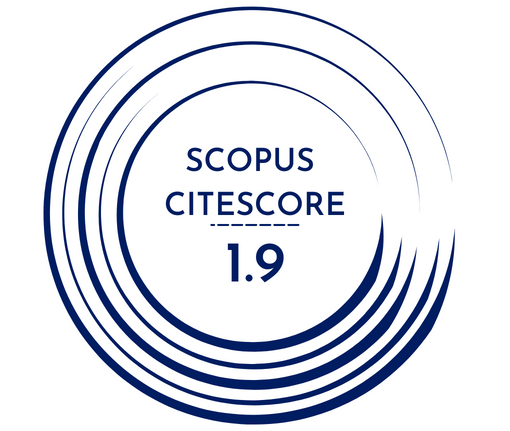Objective: Comorbidity of depression and anxiety is usually seen. Moreover, anxiety symptoms are taken into consideration by clinician while planning a treatment protocol in patients with depression. Accordingly, the debate over “anxious depression” has been started.
Methods: Hamilton anxiety scale (HAM-A) of patients, who have been diagnosed as depression in a University Hospital according to DSM IV were taken before and after rTMS application. The study included 24 females and 19 males. rTMS application was performed 7 to 20 times. In the study investigating the effectiveness of rTMS on endogeneous and reactive depression, the effect of rTMS on anxiety was found to be interesting. But this topic is far from the endogenous reactive depression discussion so this topic was presented as a separate issue.
Results: HAM-A scores of patients decreased from 19.87±11.06 to 16.04±11.56 after rTMS application. The difference was statically significant (Z:3.448, p<0.05). HAM-A scores of women decreased from 20.96±11.58 to 16.27±12.61 and the difference was statically significant (Z:2.452, p:0.014). HAM-A scores of men decreased from 18.45±10.45 to 15.75±10.34 and the difference was statically significant (Z:2.497, p:0.013).
Conclusion: Various results were reported regarding the response of rTMS treatment in comorbid conditions of depression. Posttraumatic stress disorder and panic disorder, which are comorbid to depression seem to improve significantly after rTMS application in clinical studies and case reports.

(1).jpg)

.png)